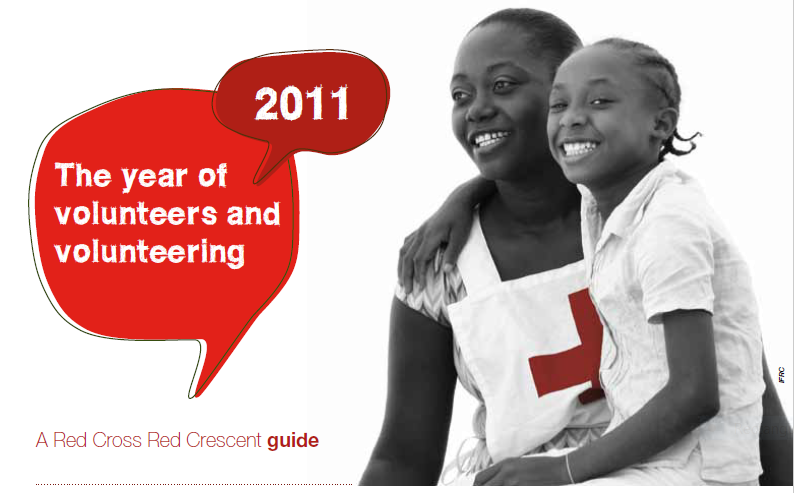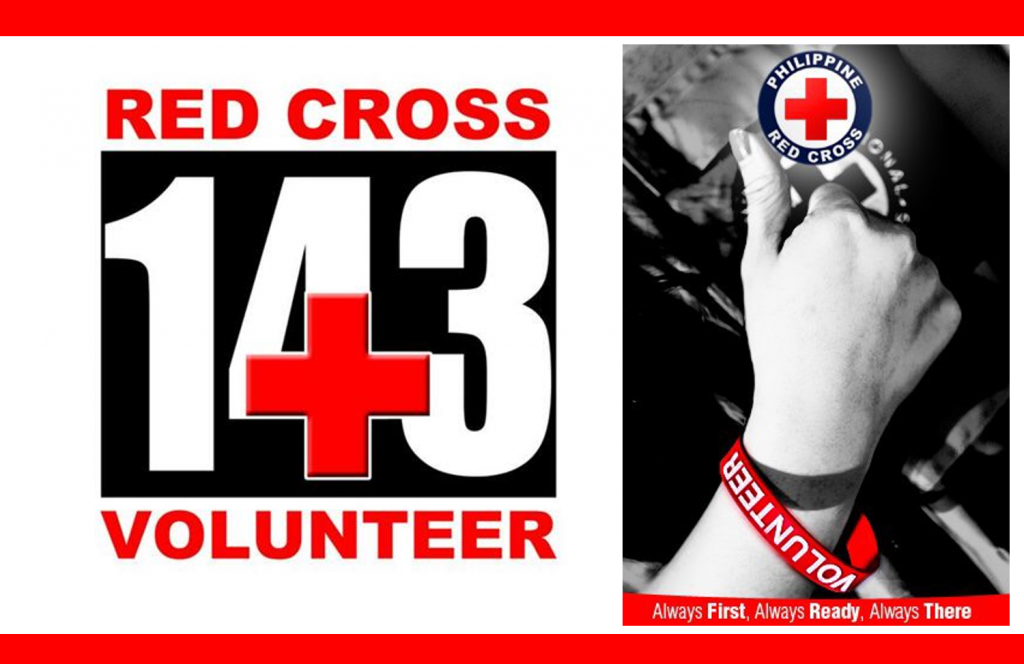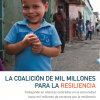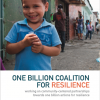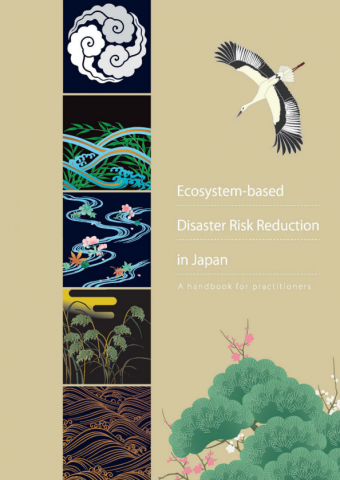FICR Centros de Referencia: Catálogo de Productos
Los centros de referencia, que forman parte del Movimiento de la Cruz Roja y de la Media Luna Roja, le han proporcionado una contribución valiosa a la comunidad humanitaria durante más de 20 años. El primer centro se fundó en 1991 y a partir de entonces el número se ha incrementado a 10 centros ubicados alrededor del […]
FICR Centros de Referencia: Catálogo de Productos Read More »

